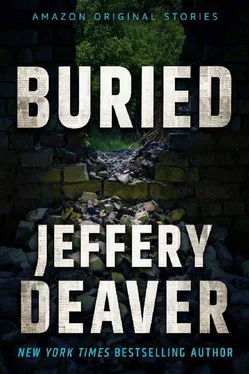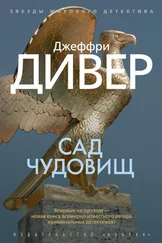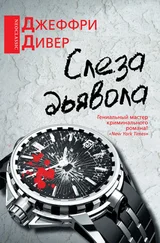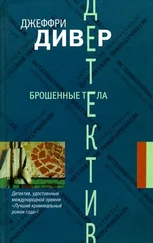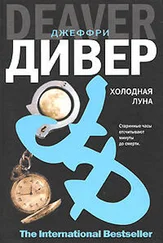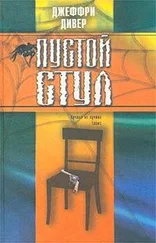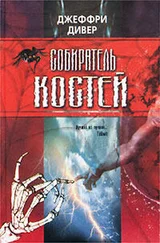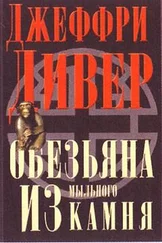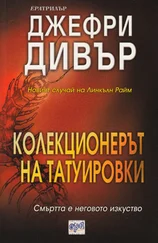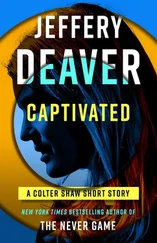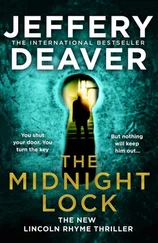The ancient Radio Shack police scanner uttered its shattering-glass static, then the woman’s voice reported, “Be advised, all units. Report of a possible one-three-four. Hawthorne Road, Seventeenth block.”
The bulky, wrinkled man in a bulky, wrinkled beige sports coat and brown slacks, also creased, stopped keyboarding. He’d learned the police codes years ago. A 134 was a kidnapping. He now leaned forward over his desk at the Fairview Daily Examiner as if to better hear the transmission. The backs of his fingers brushed a stubbly white goatee, thicker by far than his black-and-gray head hair.
He hadn’t heard a 134 call in Fairview County for ten years and that had been a false alarm.
“Central, four-one-two responding.” A male, matter-of-fact voice. These communiqués were among deputies in the County Sheriff’s Office, the biggest law enforcement operation in Fairview County and the one he monitored most frequently.
“Copy, four-one-two.”
“Suspect on scene?”
“Nothing further, four-one-two.”
“Roger.”
A woman’s voice, a different one: “Central, four-three-eight responding. Domestic?”
The majority of kidnappings were one parent snatching a child from the other. So sad, so common.
A pause.
“Central, do you copy? Domestic?”
“Don’t know at this time, four-three-eight.”
“Roger.”
Edward Fitzhugh pulled from his pocket a four-by-five spiral-bound notebook, swollen from ink and age. He flipped it open, saw that most of the pages were filled and exchanged it for a new one. He gripped a pen.
Come on, more details... I want details.
“Central, four-one-two on scene. No sign of suspect. No reporting witness. But we have... There’s a car with the door open. There’s a...” A long pause. “On the windshield there’s a note.”
“You said ‘note,’ four-one-two?”
“Affirmative. It’s got some writing and it’s signed the ‘Gravedigger.’”
“Holy crap,” one deputy muttered.
Four-three-eight, the woman, said, “Gravedigger? What’s that mean?”
After a few moments, Dispatch said, “All units, be advised, supervisor en route. FBI too. Secure the scene.”
“Roger, Central,” came 412’s uncertain voice.
Well, interesting, Fitz thought.
What’s that mean?
Well, for one thing: that there’s a serial killer in town.
Cold, completely dark.
Cold.
The smell of mold and wet stone.
Cold.
The middle of summer in hot, humid New York State, yet he was freezing.
Lying on the concrete floor, Jasper Coyle remembered walking back to his car, then the stunning blow to the head from behind. Then pressure on his neck, an injection. Jesus, me? Really? Why?
Blackness, as the drugs stole consciousness.
Now swimming to a kind of waking state, Coyle stood. He sagged to his knees. Controlled the nausea. Don’t puke. He didn’t.
Then to his feet once again and inching forward through the dark, shuffling so he didn’t trip, his arms before him so he didn’t gig himself in the eye with a piece of wood or metal jutting from the walls.
He made a circuit, twice. A square room, about twenty by twenty, brick walls. He smelled fuel oil, so it might at one time have held a tank, or possibly the furnace itself. He located a thick wooden door. It was sealed fast and the knob was missing. Pounding did nothing but hurt both hands.
Save the bones, he thought. He moved on.
Coyle was light-headed. The air was thin and getting thinner with every breath.
Another trip around the chamber, hands higher on the walls, probing. He found a garden hose dangling from the ceiling. He snagged it, sniffed. Air. Glorious air. He put his lips on the end and inhaled, his lungs screaming at the effort.
The reward was a series of staccato, tiny breaths, tasting of rubber.
The air was something. But it wouldn’t keep him alive. He needed more.
Then he sensed, more than saw, a slight lightening of the dark at the far end of the room. He made his way to it and ran his palms over the brick. Yes, some faint illumination was trickling through tiny cracks in the mortar.
On his hands and knees, he searched for something that might make a tool. He found fragments of brick. Okay. That might work. He then shuffled blindly to where he thought the hose was — it took him five frustrating minutes to find it. Another painful suck of air. He returned to the dim glow of illumination and began to dig away at the grout. A chip flew off. Another.
Could he break through?
And even if he did, was there a way to escape on the other side?
Coyle had other questions. But the obvious ones — what had happened to him and who was behind it — he didn’t bother to ask.
The blow to the head, the drugs, being trapped underground?
Jasper Coyle knew exactly what was happening to him. He read the papers, he watched the news.
The scanner transmissions about the Gravedigger had petered out.
The deputies would be on the scene, where, if they used radios, it was on a walkie-talkie frequency; scanners didn’t pick them up. This always irritated Fitz, who like all good journalists was a voyeur at heart and lived to eavesdrop. As for the feds, they seemed to converse via exotic megahertz inaccessible to the common man and woman.
He turned the volume down and sat back in the creaky chair, coughed for a moment and dabbed his mouth.
Fitz’s office was probably a fire hazard. It certainly would have been if he’d been allowed to smoke — a habit he’d given up eight months and four days ago. Paper was everywhere: copies of the Examiner , of other newspapers, a lot of “Times” — New York, LA, the — Picayune , the Financial — also the Journal and the WaPo . Local and regionals too. Other countries were heard from, as well. The Guardian , the Standard , the London Times, Le Monde , though he did not read French. El Pais. His Spanish was passable. Garner had a large Latino community and it was one of his beats.
These stacks showed an interesting trend. The newspapers from past years were much thicker than those that had hit the stands recently. This was true around the world.
His credenza was filled with awards from journalist societies, and a real, honest-to-God Pulitzer, shared with several others, for uncovering a massive kickback scheme whose tentacles extended from Massachusetts through northern Virginia. Also on display: pictures of his son and the young man’s wife and their teenage boy. Pictures of Jen too, of course, from their early married days until a year before the end, when she didn’t want photos.
On a corner table sat a dilapidated Underwood, a decoration only. Fitz was unapologetically old-school but he recognized that journalists needed tools that were up to date, just as surgeons and pilots did. After all, the typewriter was state of the art in its day. He wrote on a laptop and he got some preliminary information for his stories from Google and Wikipedia and other sites before he began the real reporting — calling, and often hounding, sources and unearthing official records.
It was the screen of this Dell that he was now staring at. A decision had to be made. Fitz scrolled through the stories he’d completed and sent to his editor in chief.
— The county board had approved a downtown renewal project for Bronson Hills. The money would, the county supervisors hoped, bring new life to that economically challenged former mill town. Realistically? The cash would probably be gone in a year and the cosmetic changes would have drawn zero new businesses, residents or customers. Fitz interviewed spokespeople from both views. He was a reporter, not an op-ed writer.
Читать дальше
